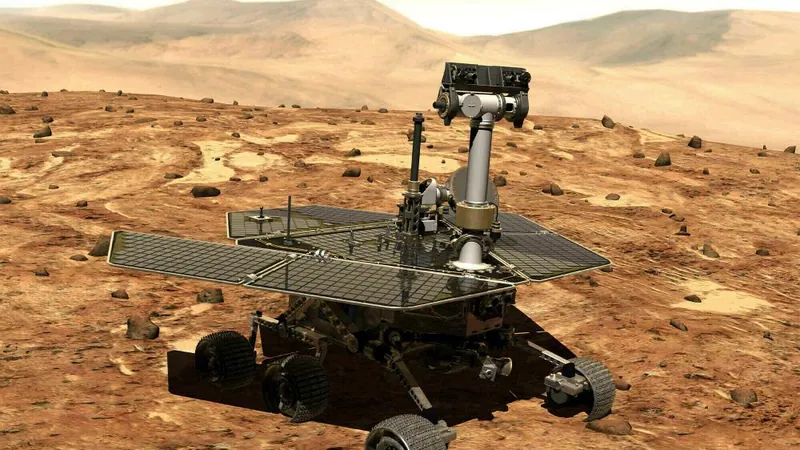
Unlocking Mars: How Dust and Ice Are Transforming the Red Planet's Atmosphere
2025-06-30
Author: Liam
A Revolutionary Study Shaping Our Understanding of Mars
In an extraordinary breakthrough, an international team spearheaded by the National Institute of Technology (NIT) Rourkela is decoding the mysteries of Mars' atmosphere. Their innovative research examines the influence of whirling dust devils, enormous dust storms, and pervasive water-ice clouds, bringing new insights into the enigmatic Martian weather systems.
Collaborating with esteemed scientists from UAE University and Sun Yat-sen University in China, this ambitious team scrutinized over 20 years of data gathered from various Mars missions, including India’s historic Mars Orbiter Mission (MoM).
Mars: A Weather System Like No Other
The Red Planet isn't just captivating for its stunning vistas; it also hosts some of the most tumultuous weather in our solar system. Local and regional dust storms can kick up debris that travels vast distances, disrupting wind patterns and instigating temperature fluctuations while dramatically reshaping the Martian atmosphere.
The researchers pinpointed three critical components of Martian meteorology: dust devils—small, swirling columns of air prevalent in the summer months, particularly in the northern hemisphere; colossal dust storms that emerge from a self-perpetuating cycle of sunlight heating the dust; and delicate water-ice clouds composed of tiny frozen water particles.
Implications for Future Exploration
Understanding these dynamic elements is not just academic—it's crucial for future human missions to Mars. Knowing the intricacies of Martian weather will safeguard spacecraft and support astronauts, shedding light on the planet's potential to have once harbored life. As Prof. Jagabandhu Panda from NIT Rourkela emphasizes, enhancing Mars weather prediction is vital for the success of upcoming explorations.
The research illuminates how seasonal changes impact dust and cloud behavior on Mars, refining our grasp of its climate system and paving the way for better weather forecasting.
A Call for Continued Exploration
With more missions targeting the Red Planet, studies like this one are essential for unraveling the complexities of Martian skies. As the interplanetary race heats up, an appeal has been made for the Indian Space Research Organisation (ISRO) to ramp up efforts for Martian missions and foster research in academic institutions. Such initiatives could propel forward our scientific and technological advancements.
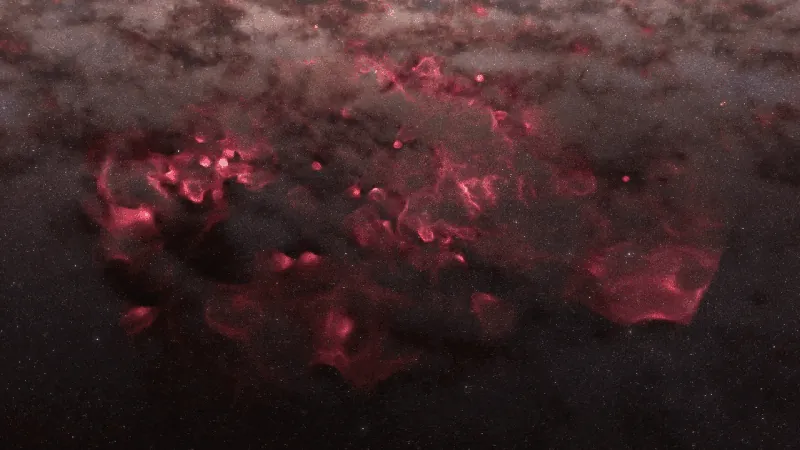

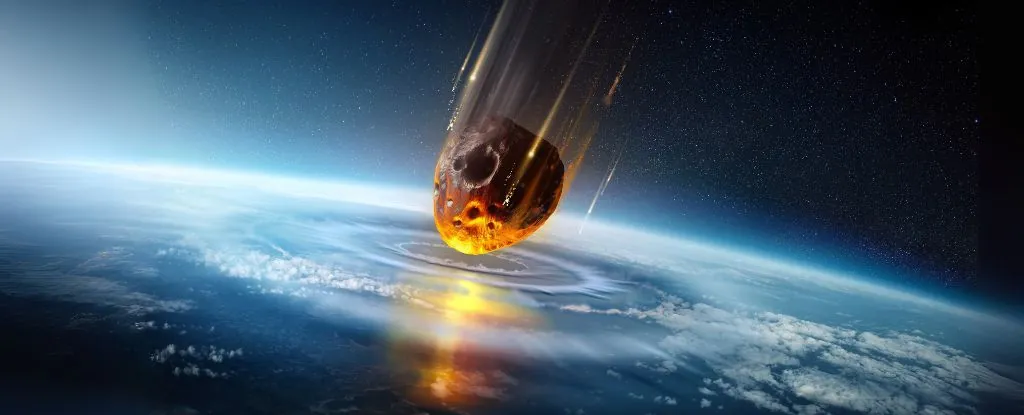

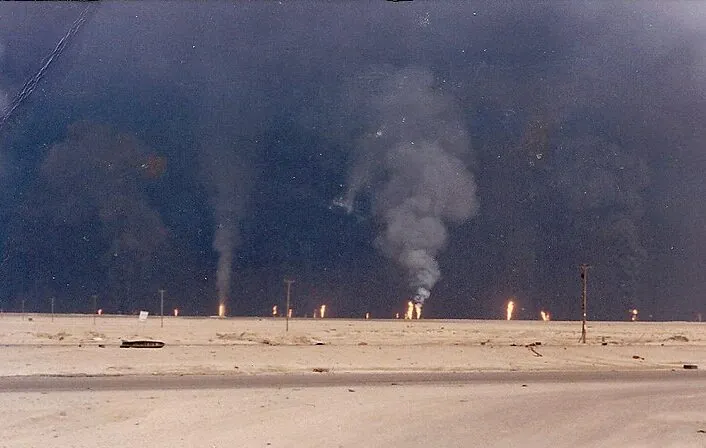


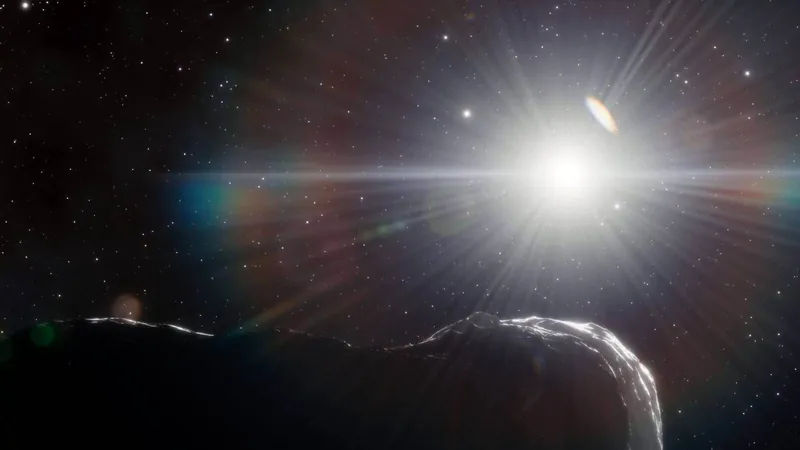

 Brasil (PT)
Brasil (PT)
 Canada (EN)
Canada (EN)
 Chile (ES)
Chile (ES)
 Česko (CS)
Česko (CS)
 대한민국 (KO)
대한민국 (KO)
 España (ES)
España (ES)
 France (FR)
France (FR)
 Hong Kong (EN)
Hong Kong (EN)
 Italia (IT)
Italia (IT)
 日本 (JA)
日本 (JA)
 Magyarország (HU)
Magyarország (HU)
 Norge (NO)
Norge (NO)
 Polska (PL)
Polska (PL)
 Schweiz (DE)
Schweiz (DE)
 Singapore (EN)
Singapore (EN)
 Sverige (SV)
Sverige (SV)
 Suomi (FI)
Suomi (FI)
 Türkiye (TR)
Türkiye (TR)
 الإمارات العربية المتحدة (AR)
الإمارات العربية المتحدة (AR)